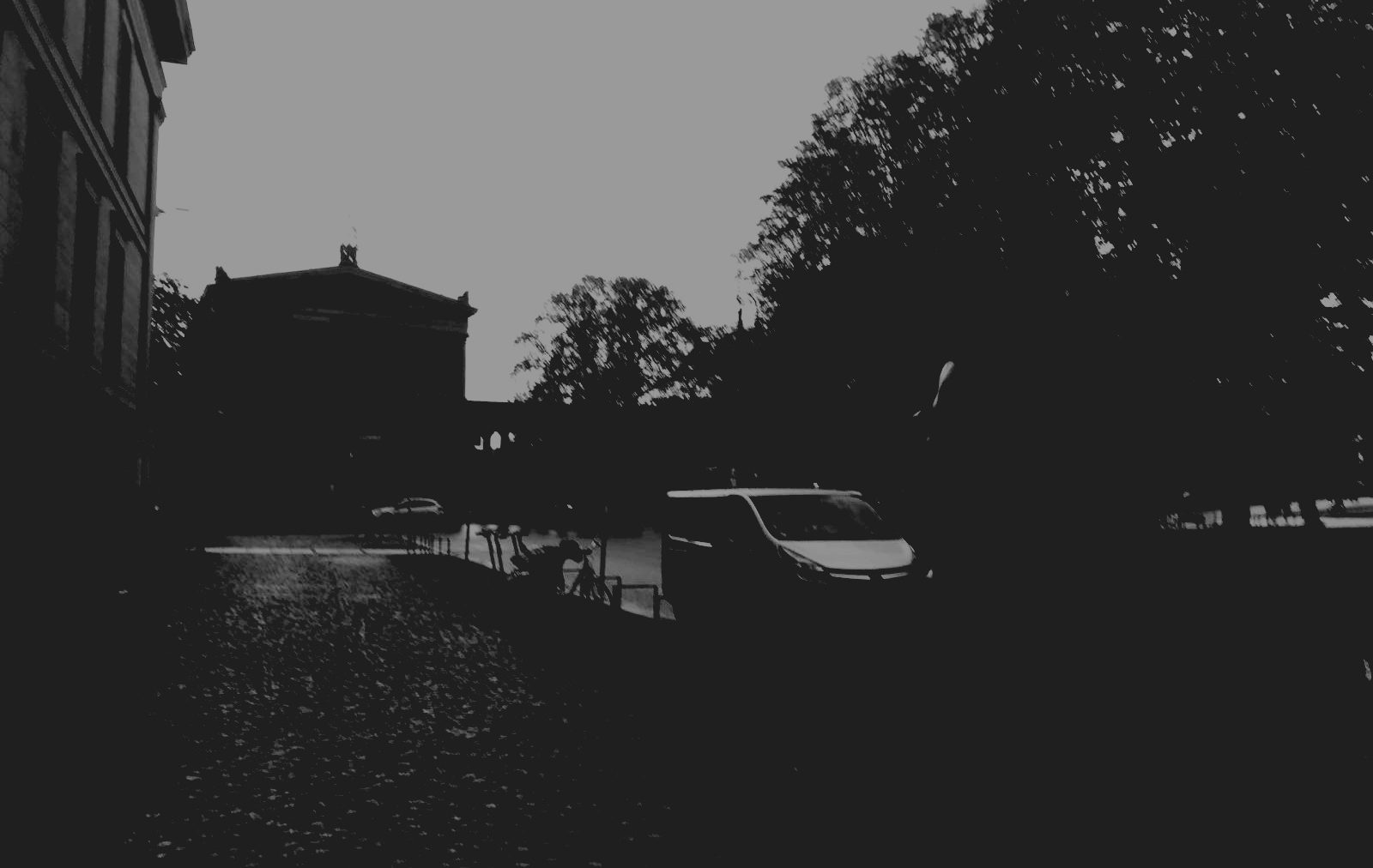Perhaps every major attempt at critiquing metaphysics in the twentieth-century philosophy could be referred back to, and linked together with, Nietzsche’s thinking-philosophizing.
Perhaps Nietzsche’s thinking-philosophizing is itself nothing but an exercise showing how unstable, disrupted, and hollowed out the metaphysical structures of thought are, even Nietzsche’s own thoughts and structures themselves.
Perhaps Nietzsche’s thinking-philosophizing is itself a force opening up a space where this specific thinking and every other thought and this specific philosophizing and every philosophy are negated, undone, and denied.
That is, there is a force lying at the heart of Nietzsche’s writings negating and disrupting that toward which Nietzsche is turning. This force renders Nietzsche himself plural and his views multiple and thus contradictory. To this force belongs, paradoxically, Nietzsche’s critique of truth.
Nietzsche’s Critique of Truth
According to Nietzsche, we are constantly looking for clarifications and explanations and for what gives meaning to our lives. Everything that we do is directed toward this search. We are not just searching; we are ourselves this search itself. Our lives in their totality are directed toward and controlled by this searching for meaning.
Yet meaning always evades us and escapes our attempts. There is no meaning available there awaiting to be found and reached. Nietzsche says that since there is no meaning awaiting there to be found, we always invent that for which we are searching. We invent what we have been told that it is there awaiting to be encountered. This moment, according to Nietzsche, is the origin of metaphysics.
After inventing that for which we are searching, we believe it and call it the truth. We forget that we have invented it; we forget that our searching for clarifications has delivered us into inventing meaning. The origin of truth is forgetfulness.
Nietzsche says that metaphysical structures of thought construct or put together a reality behind appearances and then let this reality appear truer than the appearances that we encounter as real. That is, metaphysics invents the unseen and then opposes it to the seen. This opposition, metaphysics argues, is the placing of truth over against falsity.
Nietzsche’s critique of metaphysics is an attempt at reminding us that this reality is itself invented, that is, Plato invented the reality lying behind what we encounter. The reality, lying behind appearances, might make available the why of existence, yet it is an illusory why, a why that alienates us from ourselves and takes away existing from us, an invented why.
For more articles on Nietzsche‘s philosophy, read Nietzsche on Religion: “God is dead”.

